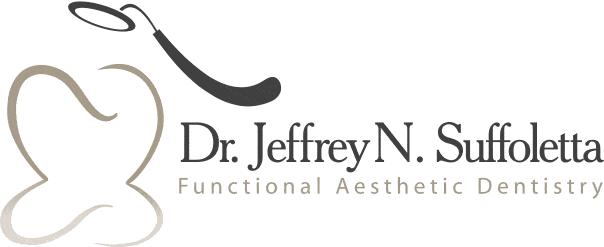How Smoking Affects Oral Health
It has long been medically established that smoking is bad for one’s health. Most countries require that this information is prominently displayed on cigarette packs. Most people attribute this to the increased likelihood of a smoker developing lung cancer. What may be lesser known is the damage that can be caused to oral health. Multiple conditions affect the oral cavity that can result from smoking. Here we will look at some of these conditions and why smoking is believed to be the cause.
Oral Conditions Linked to Smoking
Tooth Decay
Consuming a lot of sugary foods and a failure to brush regularly is often associated with tooth decay. Smoking can, however, worsen this by thickening saliva in the mouth. Without free-flowing saliva to help wash out food particles, there’s increased bacterial activity that promotes tooth decay. Some of the chemicals in cigarettes can also irritate the gums. The gums may swell and recede, providing easier access to deeper parts of the tooth to be exposed to tooth decaying bacteria.
RELATED ARTICLE: Can I smoke or drink after a tooth extraction?
Plaque and Tartar Buildup
When there is bacteria buildup on the teeth, plaque forms. It appears as a sticky colorless material and will begin to form 4-12 hours after brushing. It is often reduced by saliva flow that dilutes the bacteria and washes away food particles. When it’s allowed to form, plaque will host bacteria whose acids will eat into the tooth enamel, helping to cause gingivitis and eventually periodontitis and tooth loss.
Tartar is hardened plaque that forms when proper brushing does not take place. With smokers, the limited saliva flow contributes to plaque and tartar formation. Even with periodontal treatment to remove plaque buildup that is causing gingivitis, the healing process may become prolonged with frequent bleeding when brushing. The heavier the smoker, the worse the periodontal disease they will suffer.
Bad Breath
While this may seem a mild condition, the problem can be significantly worse for smokers that develop acute necrotizing ulcerative gingivitis. Also referred to as Trench Mouth. This condition is not only quite painful for the sufferer, it also results in a particularly bad mouth odor and loss of the sense of taste. This condition can mean a loss of interest in food and social stigma due to bad breath. It is often associated with smokers who can easily suffer a compromised immune system.
RELATED ARTICLE: How to Prevent Bad Breath
Gum Disease
Almost half of gum disease cases in smokers is linked to their smoking. Gum diseases cause an infection in the gums that destroys supportive tissue and bone, leading to the loss of teeth. This is brought on by the buildup of bacteria along the gum line. It often starts with:
- Tenderness in the gums
- Swelling
- Bleeding when brushing
- The gradual receding of the gums
With decreased saliva flow caused by smoking, the bacteria can more easily form deep pockets between the gum and tooth. The progression of this damage is faster with smokers than non-smokers. Immediate gum disease treatment is required after it is diagnosed.
Unfortunately, this problem that is often detected through bleeding of the gums can often be disguised for smokers. The nicotine in cigarettes tends to narrow blood vessels and reduce blood circulation. This means less bleeding, all the while bacteria is eating into the bone and tissue.
Oral Cancer
Multiple studies have shown that smokers are more likely than non-smokers to develop oral cancer. In fact, 90% of oral cancer sufferers were found to have been smokers. The greater the tobacco use, the greater the risk. Other practices that worsen this risk factor include:
- Alcohol abuse
- Poor diet
- Advanced aging
This condition has been linked to toxic ingredients used in manufacturing cigarettes that have been found to damage cells. Some of the symptoms of oral cancer include mouth sores, numbness of the tongue, lumps in the neck, difficulty swallowing, and red or white patches on any soft tissue in the mouth.
Stained Teeth
With prolonged smoking, nicotine stains will often form. It will often start with yellowing and can darken to a brown-like color. This means the damage will have seeped into the dentin layer of the tooth. Luckily, a professional cleaning can often reverse these effects, helping to restore your white smile.
Reducing the Risk of Oral Damage by Smoking
If you want to reduce your oral health risks and make your mouth healthy again, here are some basic strategies you can apply:
- Quit smoking now – This will not only reduce your risk of developing or worsening these conditions, but it will also positively impact your overall health. Even a gradual decrease in the number of cigarettes smoked can help.
- Brush regularly – You can reduce bacteria activity and the formation of plaque and tartar by brushing and flossing twice-daily with fluoride toothpaste.
- Visit your dentist – He or She can address whatever oral problems you are currently facing and advise you on how to properly care for your mouth.
- Eat healthy – Cut your intake of sugary foods and drink plenty of water. More consumption of water and chewing sugar-free gum can help stimulate saliva production.




